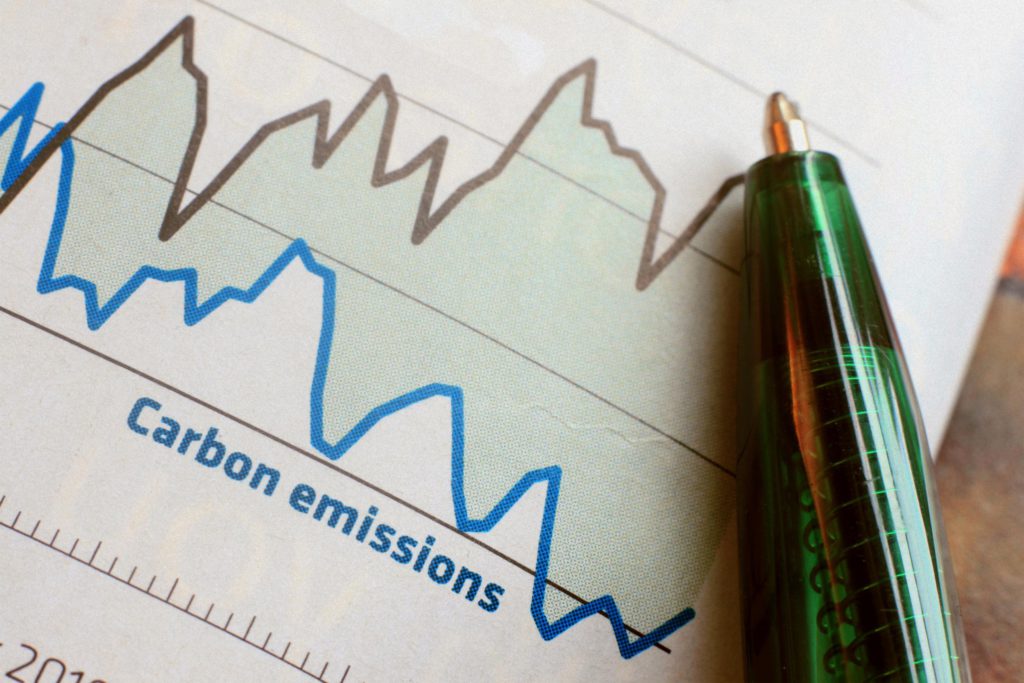EU 2030 CO2 target could become tougher
12 December 2019

12 December 2019
Europe’s new Commission has presented a new strategy for zero-emission mobility that may see already strict CO2 targets for 2030 revised.
Under its ′European Green Deal‘ the commission, which began work on 1 December following elections earlier this year, is looking to ′ensure a clear pathway from 2025 onwards towards zero-emission mobility.’
Commission President Ursula von der Leyen has put climate action at the top of her legislative agenda for the next five years.
By June 2021, the commission will propose to revise legislation on CO2-emission standards set for 2030. These currently stand at a 37.5% reduction on 2021 levels, which means a reduction from the average 95g/km of CO2 across a manufacturer’s fleet to 60g/km.
Difficult target
The automotive industry met the current 37.5% reduction with criticism at the time of its announcement in December last year. Germany’s VDA automotive industry association said the new legislation would set high demands while doing little to promote or provide incentives for switching to electric vehicles.
The negotiated deal ′demands too much,’ said VDA head Bernhard Mattes. ′Nobody knows today how the agreed limits can be achieved in the given time,’ he said.
Carmakers are c struggling to meet the 2021 target, with average emissions sitting at around 120g/km, as the collapse of the diesel market and the infancy of electric vehicles (EVs) means buyers are instead turning to CO2-emitting petrol models.
There is no mention of the 2025 target of a 15% reduction on 2021 levels in the report, and it is unknown whether this too may be investigated alongside the 2030 proposals.
Increasing efforts
The announcement is likely to push carmakers into further investment in the electric-vehicle programmes, a move that is causing some to reduce their workforce to find the money for development.
PSA Group CEO Carlos Tavares, president of the ACEA European automakers association, has strongly criticised EU lawmakers for suggesting greater climate efforts do not come without a cost to employment in the industry or indeed personal liberty.
“Freedom of mobility is something fundamental to our democracies,” Tavares said in September. “Many things need to be coordinated in a 360-degree approach to ensure safe affordable and sustainable mobility,” he said.
Infrastructure investment
To support the uptake in EVs, which the commission believes is the way forward for a sustainable future, it is pledging to increase the number of charging points available to drivers of these vehicles.
′The EU should, in parallel, ramp-up the production and deployment of sustainable alternative-transport fuels,’ the report states. ′By 2025, about one million public recharging and refuelling stations will be needed for the 13 million zero- and low-emission vehicles expected on European roads.
′The Commission will support the deployment of public recharging and refuelling points where persistent gaps exist, notably for long-distance travel and in less densely-populated areas, and will launch as quickly as possible a new funding call to support this.’